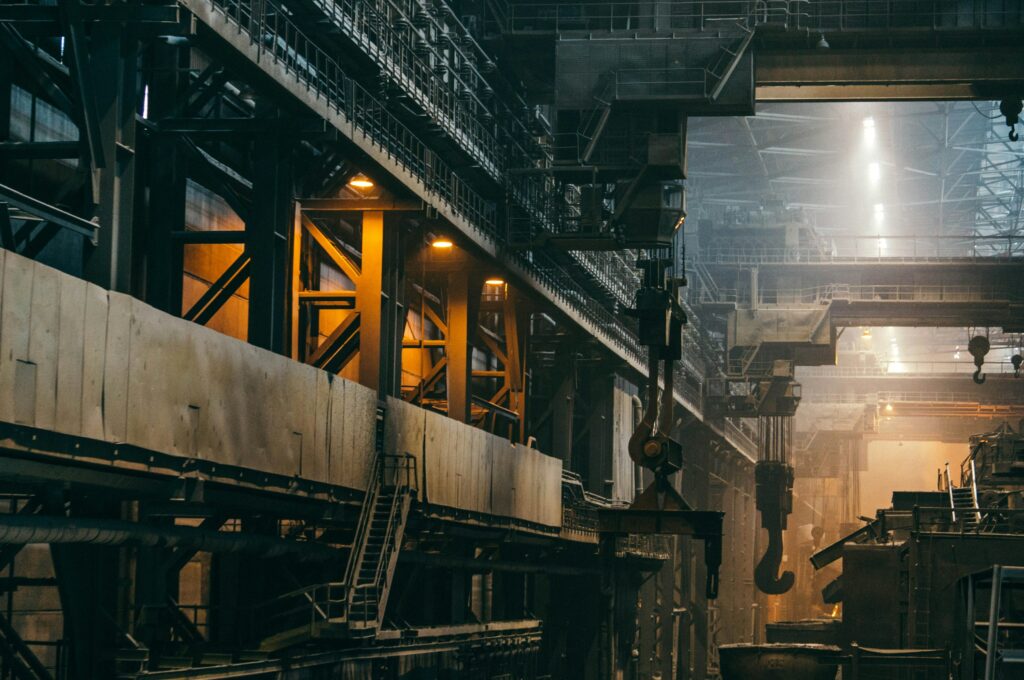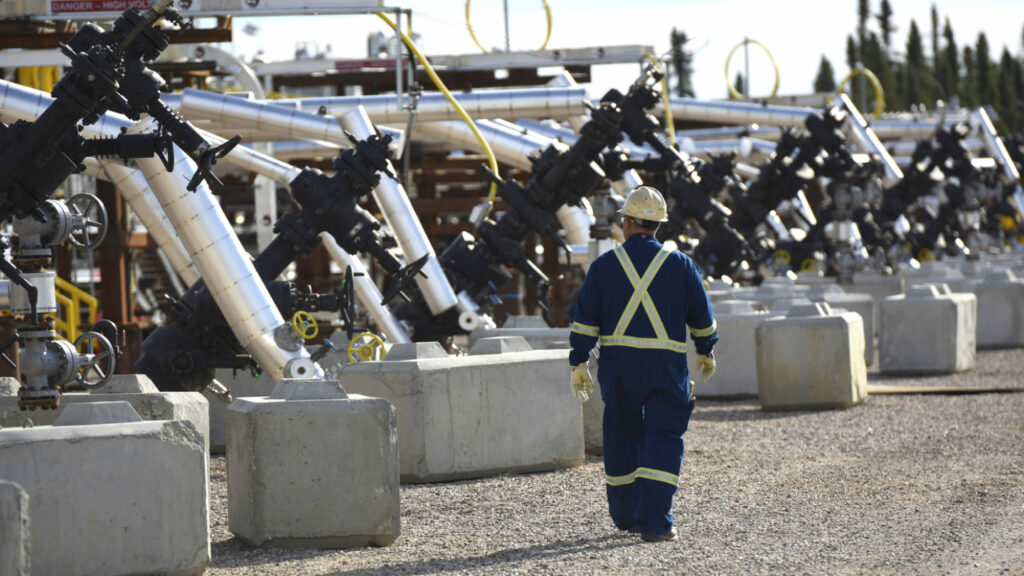An overwrought museum piece in the Guardian called for a general strike in Britain. We could support the clichés it employs laying down tools, from “Climate change is hurling humanity towards disaster” to “There is no more room to question the science” to world ends, working classes hardest hit to “global mass extinction” to “Every day we go into work and spend our time and labour building a system that is burning us alive.” But suppose everyone did play hooky like the kids just did? What would we do the next day?
There is one thing to be said for this outburst from McEver Dugan “the writing coordinator for Earth Strike” and Evan Cholerton “the international organiser for Youth for Earth Strike.” Or maybe two.
The first is that it appeals to the nostalgia of those who miss the hopelessly clunky rhetoric of the classic left, from Radio Moscow to Michael Foot’s 1983 Labour Party election manifesto derided by one of his own MPs as “the longest suicide note in history”. The second is that a real general strike would teach a valuable lesson about the zealots who would shut down the energy industry.
Dugan and Cholerton apparently have no more clue about the second than the first. They say “The reason Earth Strike exists is that shutting off the global labour supply will force governments and industry giants to listen. There’s no way to avoid the conversation when profits are in danger of eroding, and production has stalled to a halt.” But as we believe we have mentioned previously, the reason companies sell gasoline is the same reason they sell food. We want it.
To be sure, firms aim to turn a profit. As they should, because profit is the positive difference between what it costs to produce a product or service and what it is worth to buyers, just as loss is wealth destroyed; as Adam Smith noted, the free market system aligns individual with social benefit in a way no other can manage. Profit is not evil, though it is also not the point of life or even of business. It is a necessary condition for continuing to do whatever it is that you do and, one hopes, enjoy doing, from making bread to selling insurance. Those companies that do not make profits are destroying wealth not creating it, which is not just why but how the “invisible hand” shuts them down to the general benefit. Surely this point was cleared up decades ago, if not centuries.
These authors, for all their “woke” insistence on climate change, the indigenous and so forth, seem to have Karl van Winkled their way through those decades, including believing unions can still override MPs at will in Britain as in the mid 1970s. And they serve up some pretty moldy cheese with “More than ever, it is time for workers – those who will be hardest hit by soaring food and healthcare costs, and by property destruction caused by natural disasters and the rising sea – to exert their power and force the hand of major players (governments and corporations) to avert what is almost certain to be the next global mass extinction.” As if a catastrophe that destroyed civilization and the planet would leave plutocrats undisturbed in their posh clubs. But who would put the soda in the whisky?
Frankly Dugan and Cholerton’s hostility to profit, like their class warfare, is more quaint than instructive. What would be instructive is that a real general strike, if it worked, would prevent ordinary people from earning a salary or getting the things they need to live. And by doing so it would indeed be “disruptive” and “messy” as these authors want. And in doing so it would remind us that concern for the environment is something only those not struggling to survive can afford, and that effective action on climate, if you believe the crisis is real, must do more good than harm.
A temper tantrum flavoured with Marxism will not. At least not on purpose.


